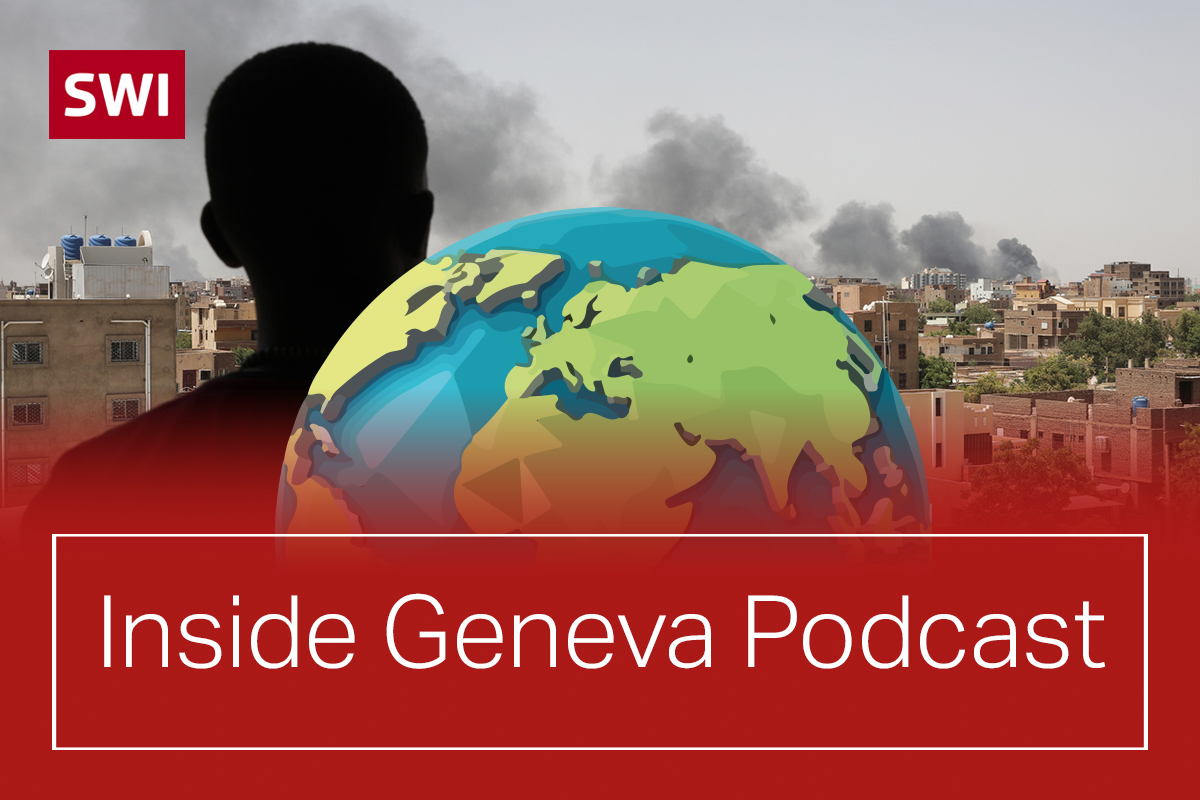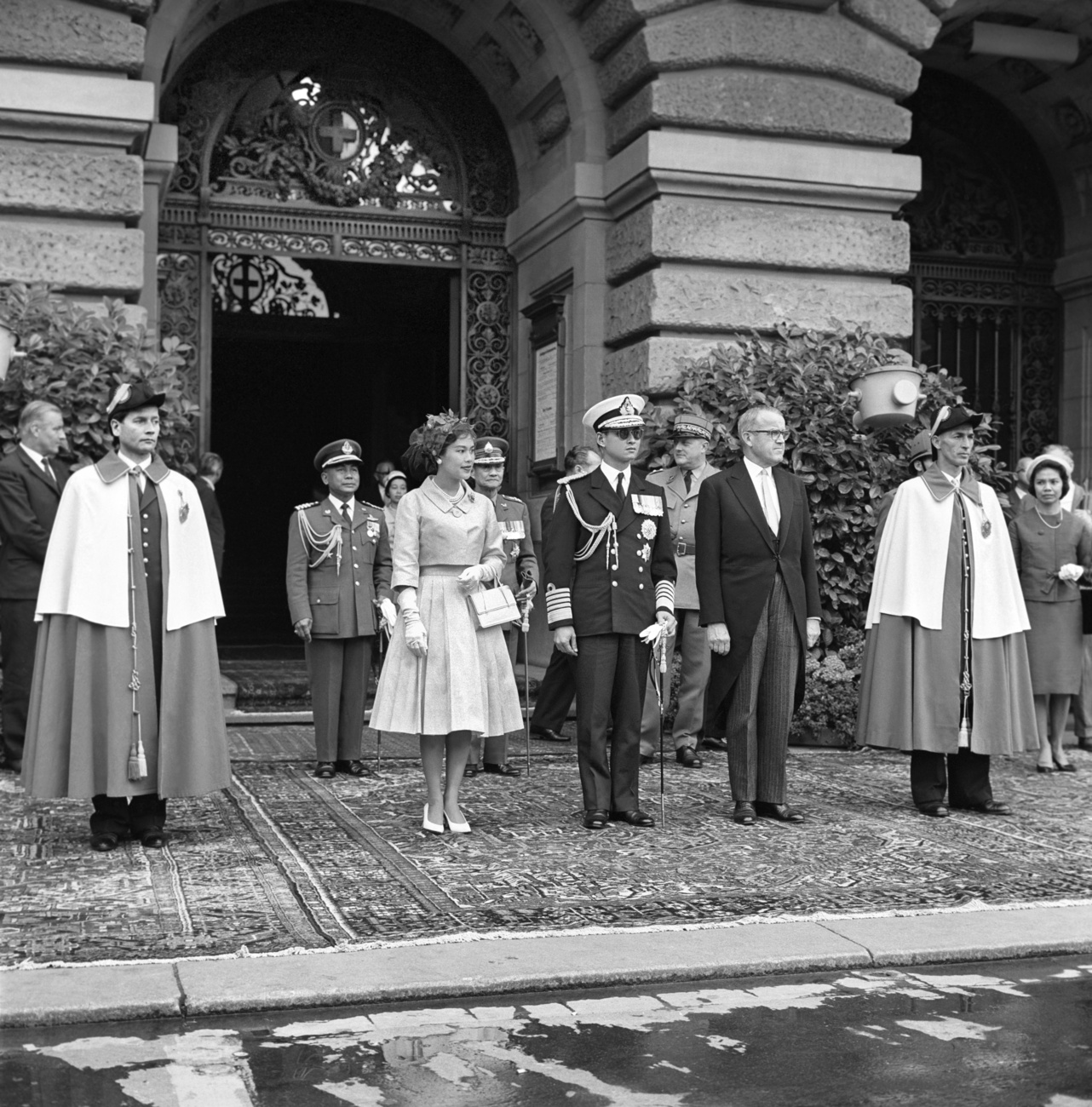
Perfect storm of conflict and suffering in Sudan
There are unfinished conflicts in Syria and Yemen, a deepening humanitarian crisis in Afghanistan, a bitter war in Ukraine, and now the world has a new conflict, in Sudan. It erupted with horrifying violence in mid April, and since then attempts to calm things down have failed.
What’s it all about? Sudan was supposed to be transitioning to civilian democracy after years of military rule – remember the vibrant pro-democracy demonstrations which began in 2019?
Surprise surprise, as the deadline to relinquish power approached, Sudan’s military leaders decided they didn’t really want to leave office after all. What’s more, they began to disagree about who exactly among the military should stay in power.
Now forces loyal to Sudan’s leader, General Abdel Fattah al-Burhan, are fighting those loyal to his deputy, General Mohamed Hamdan Dagalo. The two sides have the full force of Sudan’s military hardware at their disposal, and they are using it with impunity.
What can the United Nations do?
So what can the UN, and the humanitarian agencies based here in Geneva, do in this situation? That’s the topic of our Inside Geneva podcast this week, in which we hear from aid workers, a UN special rapporteur, a diplomat, and a human rights activist.

More
Inside Geneva: Sudan’s tragedy
One thing the aid agencies have been reminding us, as this conflict unfolds, is that Sudan was not in an especially good place even before the fighting broke it. It ranks as one of the poorest countries in the world, with high rates of maternal and infant mortality. It is bordered by countries in conflict, and is hosting refugees from Ethiopia and South Sudan, as well as having millions of internally displaced of its own dating back to the conflict in Darfur 20 years ago.
The medical charity Doctors without Borders (MSF) has a wide variety of projects across the country, many working on malnutrition, and on maternal health. Last year alone it carried out half a million medical consultations. Now, it’s staff are pinned down by the fighting, unable to continue their work.
“No one expected that this would unfold so quickly and so violently, with huge consequences for the population,” Vittorio Oppizzi, who is MSF Switzerland’s project coordinator for Sudan, told Inside Geneva.
His main concern, as he watches the bombs and artillery rain down on Sudan’s capital Khartoum, is for the civilians desperate to access medical care, and unable to do so. “They have to make the impossible choice, to take a risk and try and reach a health facility, under heavy fighting, and then perhaps find out that that facility has been attacked, or the staff is not there. Or stay put at home.”
The World Health Organisation has documented more than two dozen attacks on health facilities. Many are now so damaged they cannot function, others no longer have staff. A chilling WHO statistic: 25% of civilians dying in Khartoum are dying from blood loss, something which could be prevented if trauma units were functioning and blood supplies were available.
Displacement and human rights crises
And of course, the violence is forcing people to flee. 700,000 people have become internally displaced in Sudan in just four weeks of fighting. They will join millions who have been displaced for years. Paola Gaviria Betancur, the UN’s special rapporteur for IDPs, was one of 48 special rapporteurs issuing a joint statement warning that civilians were “bearing the devastating brunt” of the fighting.
“Why are we putting in the centre the civilian population?” Gaviria asked on Inside Geneva. “Why do they have to suffer the most? We don’t learn from our own mistakes and from history, and the people of Sudan have suffered way too much.”
Appeals from the UN for humanitarian access have, so far, not been respected. Warehouses storing aid supplies have been looted. Tentative ceasefires, grudgingly agreed, have not been honoured.
There is, then, surely, a role for UN Human Rights here? The statement from Gaviria and her colleagues appeared on the same day that the UN Human Rights Council held an emergency session to discuss Sudan’s crisis. The session was called for by the United States, the United Kingdom, Germany, and Norway, because, the UK’s ambassador Simon Manley told me “of the extraordinary scale of the suffering. This is a humanitarian and human rights crisis.”
Mohamed Osman, Sudan specialist for Human Rights Watch, who also joins us on Inside Geneva, agrees. “Both sides doing the fighting really have no regard to the lives and safety of civilians.”
UN divisions
The council session achieved mixed results. European countries and the US had prepared a fairly mild resolution, falling far short of a full blown commission of inquiry into events in Sudan, and calling instead for stepped up UN human rights monitoring in the country.
They had hoped this would lead to unanimous support, but the reality turned out to be very different. Sudan made it clear it had never wanted the council session at all, telling member states his country’s problems were an internal affair.
When it came to the vote, not a single African nation backed the resolution, and approval for extra UN monitors barely squeaked through, by 18 votes to 15, with 14 abstentions. The result laid bare growing divisions in the UN Human Rights Council between the global north and south, with many African and Asian countries irritated by what they see as “naming and shaming” by former colonial powers who are often reluctant to accept any criticism of their own behaviour. (And that, by the way, ought to be the topic of an entire podcast).
Responsibility to stop violence
So although the yes to extra monitors was welcomed by human rights groups, the lukewarm support is a disappointment. If the UN’s top human rights body can’t unite over a crisis as serious as Sudan’s, what can it really do?
“The first responsibility that we have as nations is to stop violence, and stop suffering, and stop targeting civilian populations” Gaviria told Inside Geneva. “This should be a worldwide commitment.”
Or, as MSF’s medical regional manager Melat Haile put it, “It’s the poor, it’s the innocent, it’s the medical people who will suffer from this. And yes I am very angry, and helpless, you know, what to do.”

In compliance with the JTI standards
More: SWI swissinfo.ch certified by the Journalism Trust Initiative




























You can find an overview of ongoing debates with our journalists here . Please join us!
If you want to start a conversation about a topic raised in this article or want to report factual errors, email us at english@swissinfo.ch.